Team at University of Michigan working on super-simple theft deterrent
With a $1.2 million grant from the National Science Foundation, a University of Michigan (U.M.) research team is set to begin large-scale testing of Battery Sleuth, a vehicle security system that can protect against “sophisticated wireless hacking, old-school jimmying, and everything in between.”
It’s so simple, you wonder why no one has thought of it before.
Using the auxiliary power outlet, known to those of a certain age as the cigarette lighter, Battery Sleuth bypasses both the wireless communication that key fobs depend on and the standardized onboard communication network that’s used in today’s vehicles. Instead, it authenticates drivers by measuring voltage fluctuations in a vehicle’s electrical system. Drivers interact with it through a keypad device plugged into the auxiliary power outlet.

“The great thing about the power outlet is its simplicity—it’s just a wire connected to the battery, so there’s nothing to hack,” said Kang Shin, the Kevin and Nancy O’Connor Professor of Computer Science at U.M. and lead researcher on the project. “And creating voltage fluctuations with components like windshield wipers or door locks is even simpler.”
Battery Sleuth delivers a predetermined series of voltage fluctuations—a sort of “voltage fingerprint,” the school says—to the car’s electrical system when the driver enters a numerical code into the keypad device. A receiver then recognizes this fingerprint and enables the vehicle to start. Drivers can also deliver the voltage fluctuation manually using auxiliary functions that draw battery power. They might perform some combination of flicking the windshield wipers, turn signal, or headlights on and off, or locking and unlocking the doors.
Installed between a vehicle’s battery and the car’s electrical system, Battery Sleuth’s default mode allows the battery to deliver enough current to power systems like electronics and lights, but not enough to power the vehicle’s starter. Only when it detects the pre-set series of voltage fluctuations in the vehicle’s electrical system does it turn up the juice, allowing the battery’s full power through to the starter.

“The idea of measuring fluctuations in a car’s electrical system seems simple, but designing one device that can do it accurately on thousands of different vehicle models in varying environmental conditions gets quite complicated,” said Liang He, assistant professor of computer science and engineering at the University of Colorado, Denver and a researcher on the project. “We’re working to design a system that’s smart enough to measure the parameters of the vehicle it’s installed on and then customize itself to work effectively on that vehicle.”
The system is designed to work as either an add-on to existing vehicles or a permanently installed component on new vehicles. “Vehicle theft costs drivers and insurance companies more than $4 billion each year in the United States alone, and that’s partly because today’s vehicles use a hodge-podge of computer systems that were never designed to work together,” Shin said. “Each new layer of technology introduces new security vulnerabilities, and rather than try to patch each one, we’ve developed a system that works completely independently.”
***
Check out the Hagerty Media homepage so you don’t miss a single story, or better yet, bookmark it. To get our best stories delivered right to your inbox, subscribe to our newsletters.

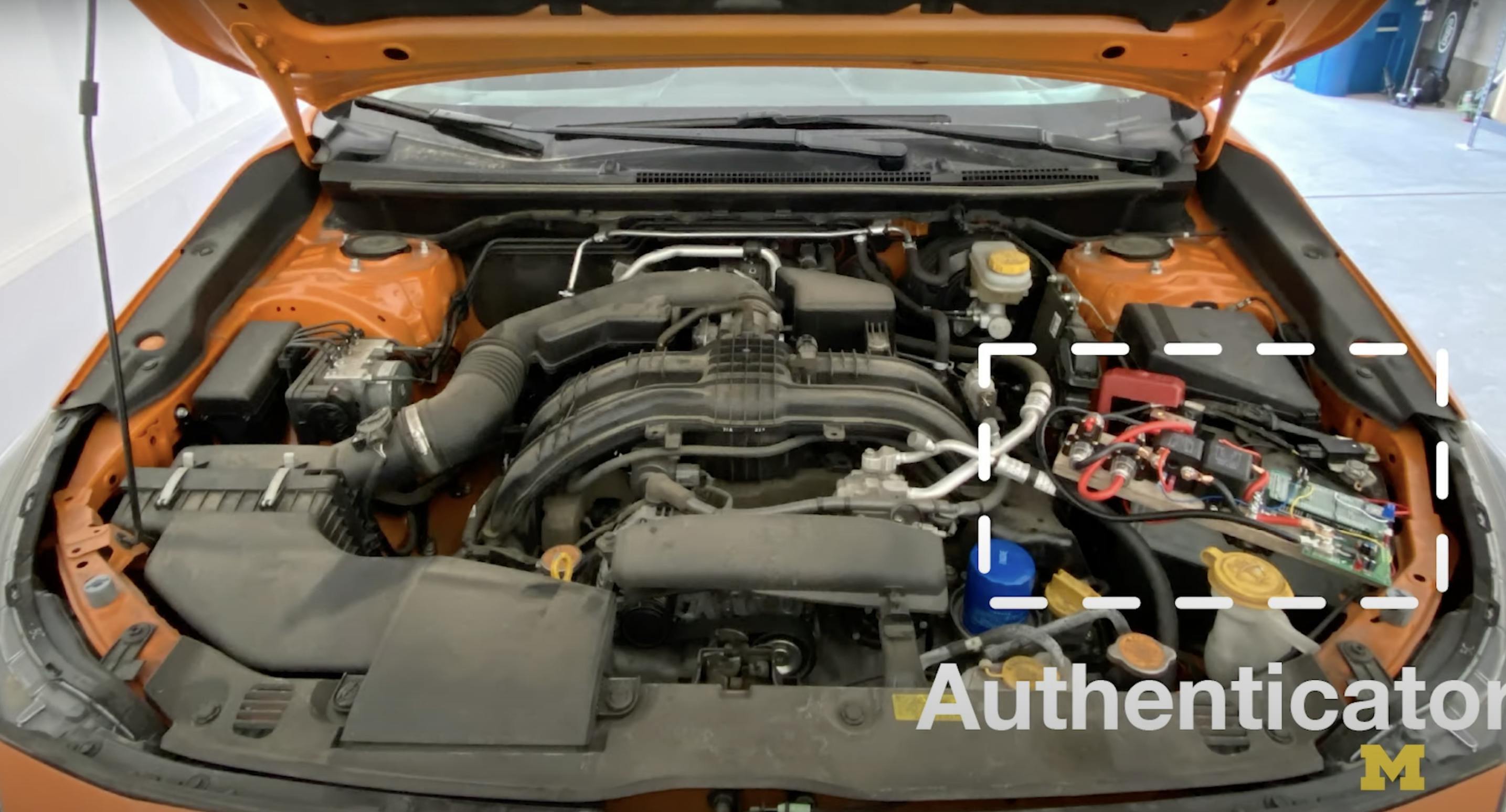
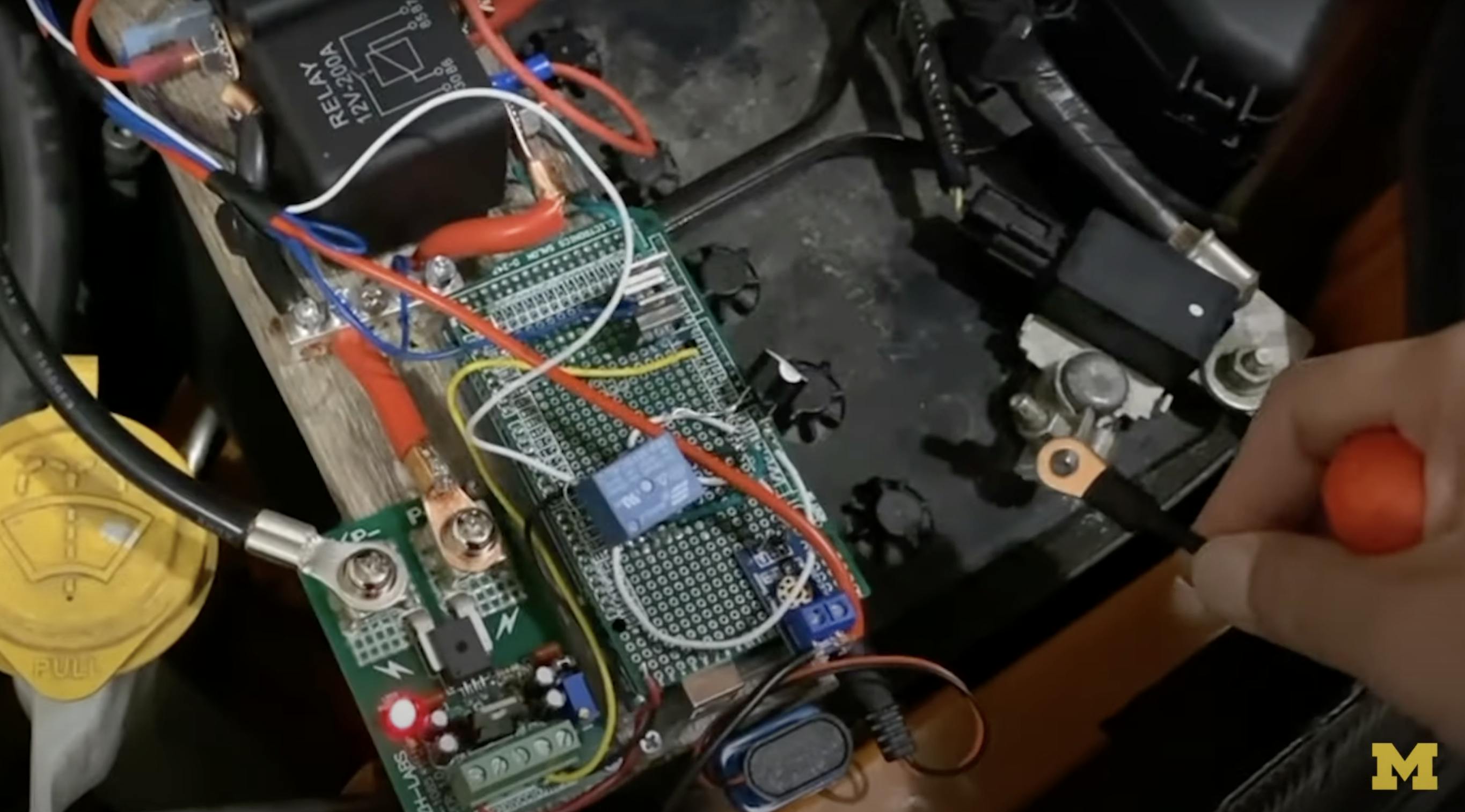
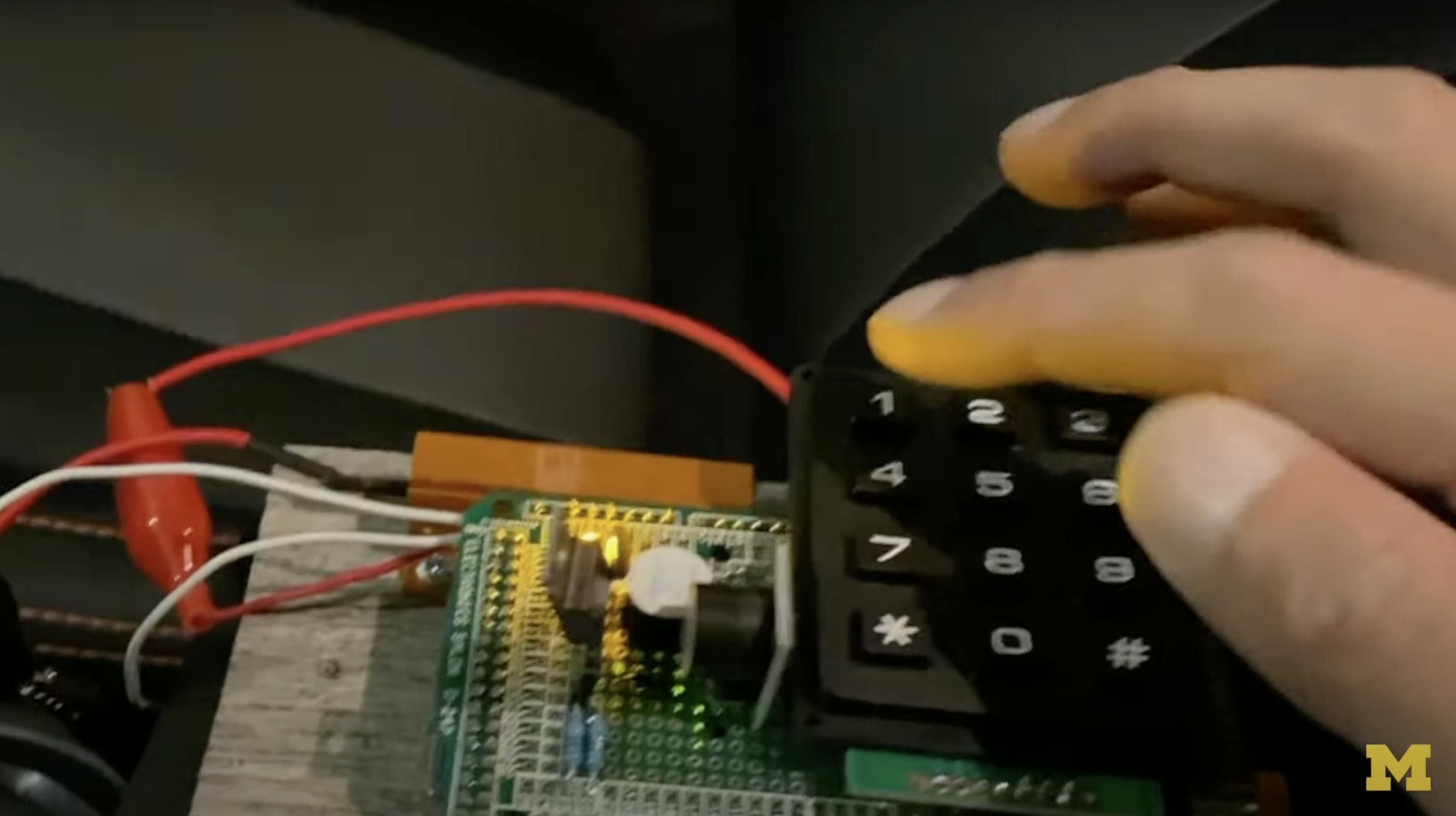
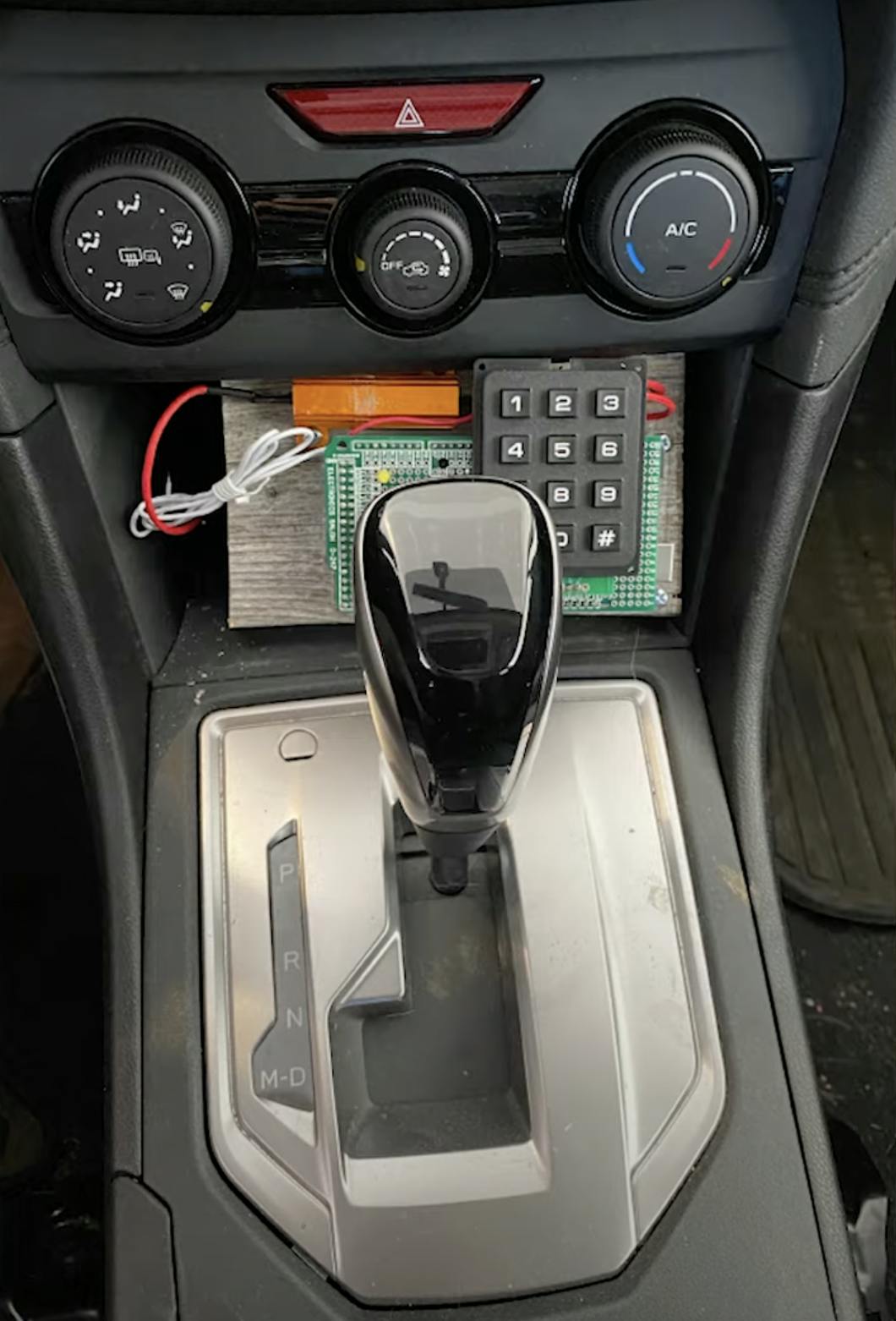
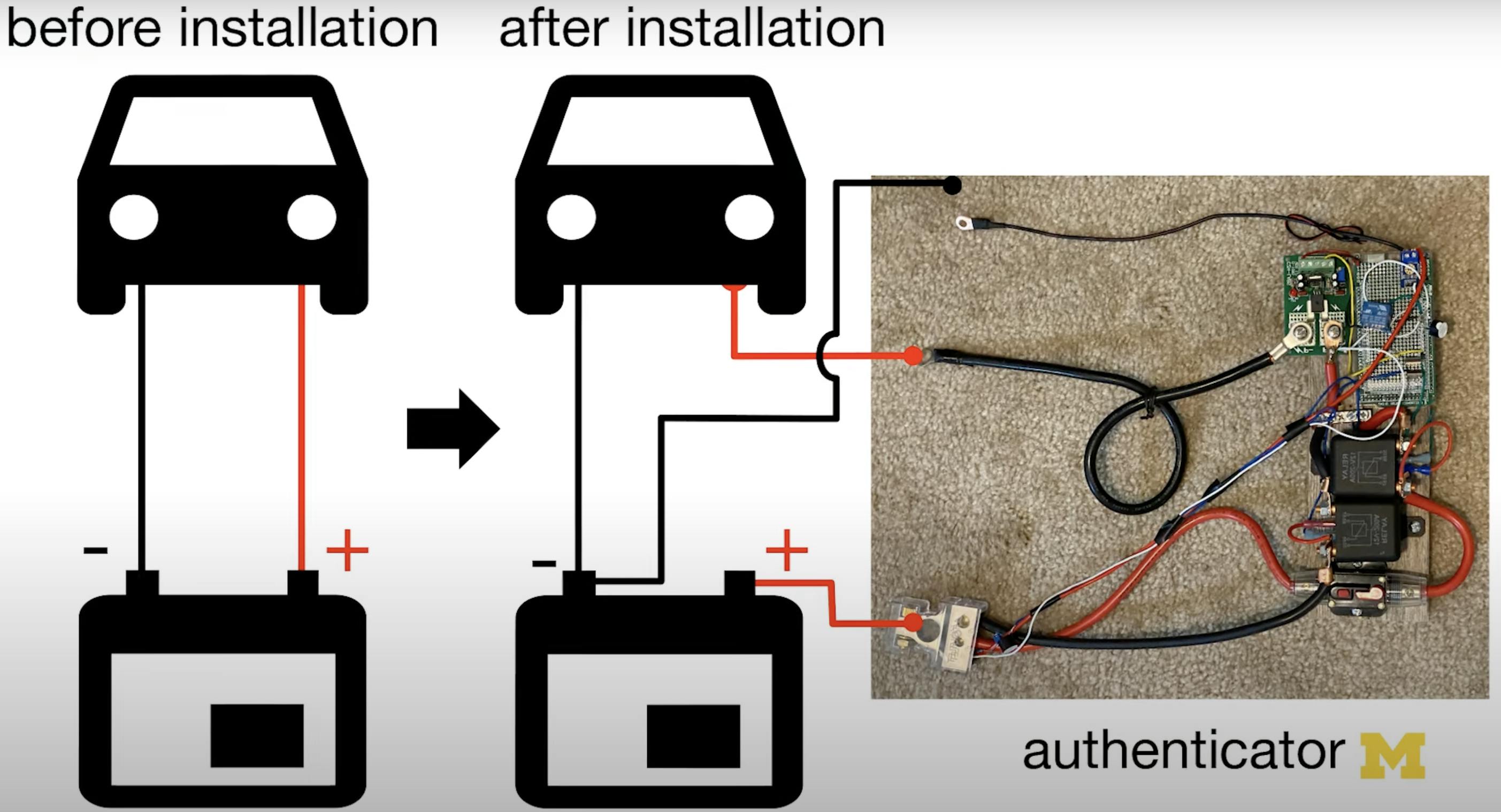


I think part of the increase in auto theft relates to the fact that the police no longer chase a fleeing stolen vehicle. Since we’re seeing everything stolen from Hyundai to Hellcat, thefts aren’t all about resale or parts anymore. The cars are used in gang shootings, robberies and more, but since vehicle theft is just a property crime, almost nobody chases them now.
I like the idea of hanging for car thefts. But, let’s not be too mean. First offense would be severe corporal punishment. 2nd offense would be hours of forced watching politicians make promises. 3rd offense – public hanging.